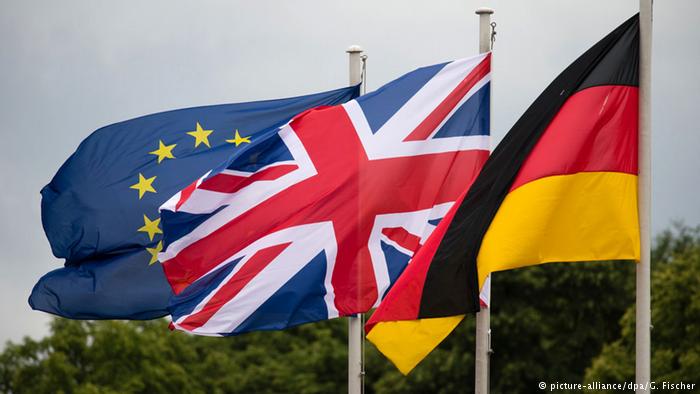
As per the recent data from the Federal Statistical Office of Germany, the German economy grew 1.5% in 2018, as compared to 2.2% in 2017. This is the weakest rate of growth in the past 5 years. The Business Confidence Index has also dropped to 99.1 points in January 2019 from 101.0 points in December 2018.
The Government has also lowered down its growth forecast for the current year, from 1.8% to 1%. The major reasons accredited to the economic slowdown are the rising concerns over the impending Brexit deal and the slowdown of Chinese economy, one of its biggest export market, which grew at 6.6% in 2018.
Brexit, a combination of “British” and “exit”, refers to the impending withdrawal of United Kingdom (UK) from the European Union (EU). It follows the referendum of June 23, 2016 when 51.9% of voters supported the said withdrawal. However, European Unionists opined continued membership.
The proposed exit is slated to happen on March 29, 2019. For the records, UK had joined the EU, formerly known as European Economic Community (EEC), in 1973.
According to the German Economic Institute (IW), a private economic research institute, Germany’s exporters would be subject to extra tariffs in tune of U.S. $ 3.8 billion if UK leaves the EU without striking a trade deal.
The IW Director – Michael Huther said, “In the worst case this could reduce German-UK exports by over 50%. As these exports are 2.6% of German GDP, the impact on the German economy could be severe.”
German companies are speculating disruptions that the supply chain may face. There are many companies who send raw / semi-finished components back and forth across the UK’s borders, before assembling the final product. Presently, there is no such issue of cross-border tariff between EU nations. However, if UK leaves EU, tariffs could be levied on cross-border movement, requiring customs inspections, thereby slowing down manufacturing down and increasing the cost of production.
Frankfurt Main Finance, the financial centre initiative for Frankfurt am Main, the leading financial centre in Germany and the Euro Zone, estimates that banks are looking to move up to U.S. $ 900 billion in assets from London to Frankfurt in the 1st quarter of 2019. It also highlights that as many as 10,000 financial jobs could relocate from London to Frankfurt by 2024.
This is predominantly because of the fear arising of Brexit deal. In case the deal goes on, banks and insurance companies will lose their right to sell financial services across the region.
Besides, the slowing of Chinese economy, Germany’s 3rd biggest export market, has also impacted the demand for German cars and industrial goods. As a matter of fact, Chinese economy grew 6.6% in 2018. The Gross Domestic Product (GDP) grew 6.4% in the 4th quarter of December 2018, down from 6.5% in the 3rd quarter. Owing to this, for the first time in 20 years, car sales in China fell 6% to 22.7 million units in 2018, hugely impacting the profit margins of German automobile industry.







